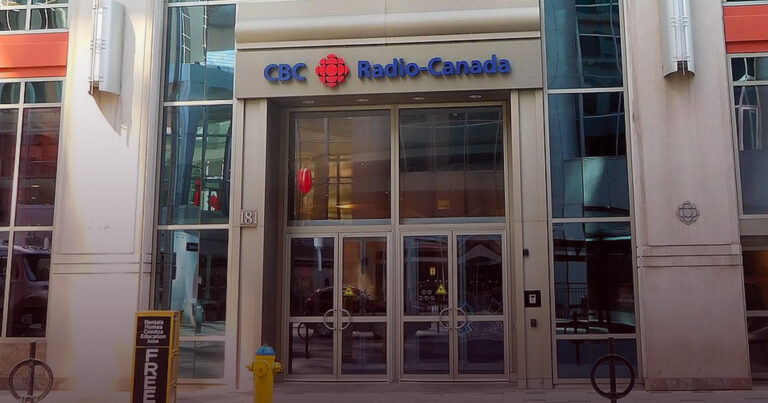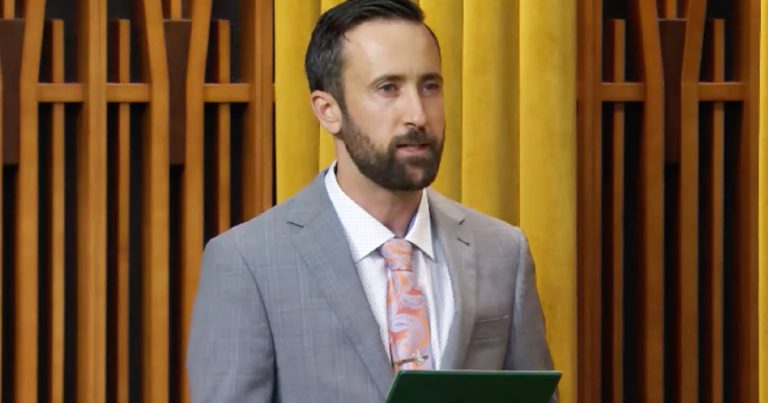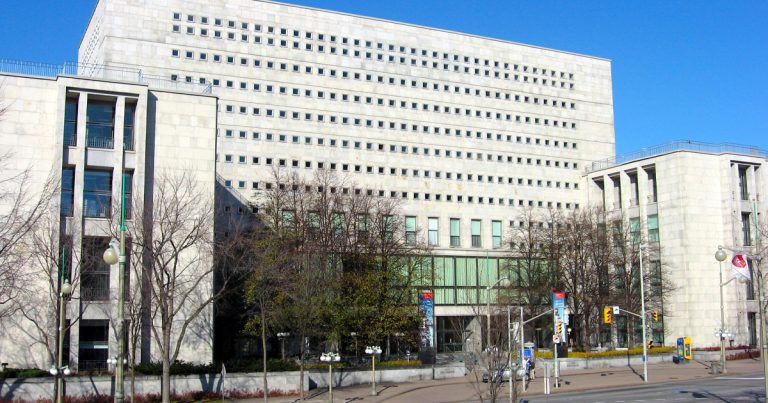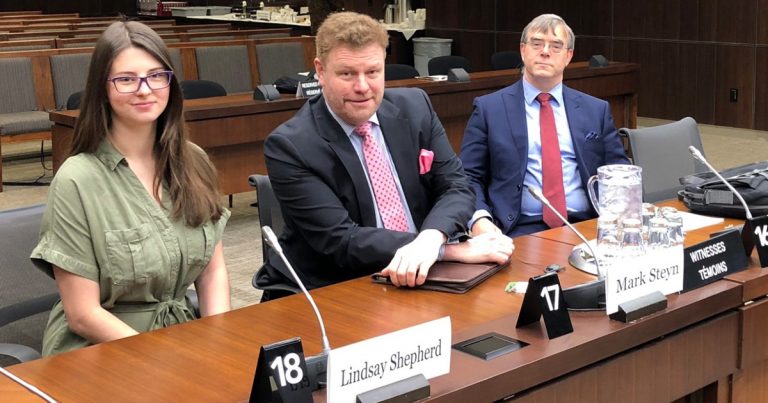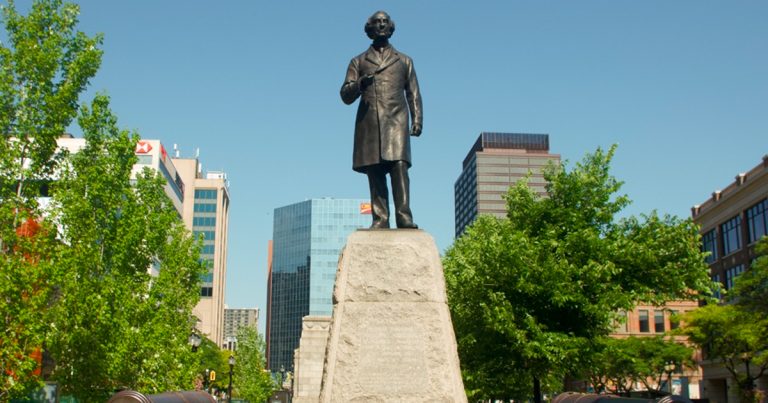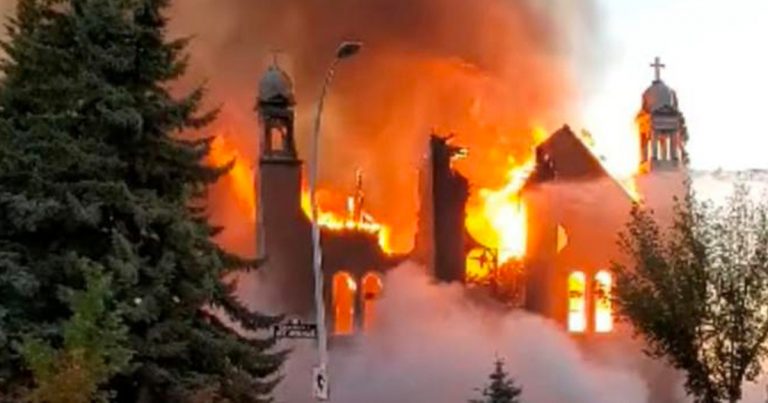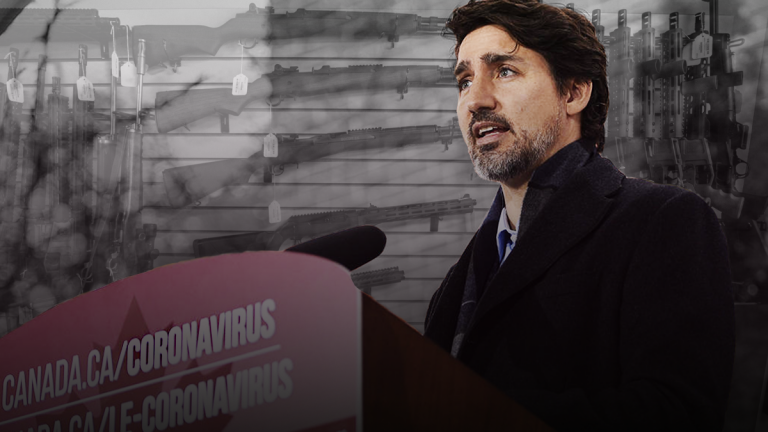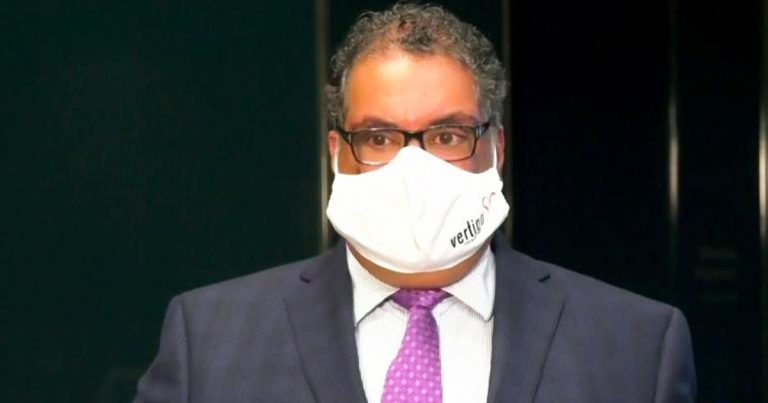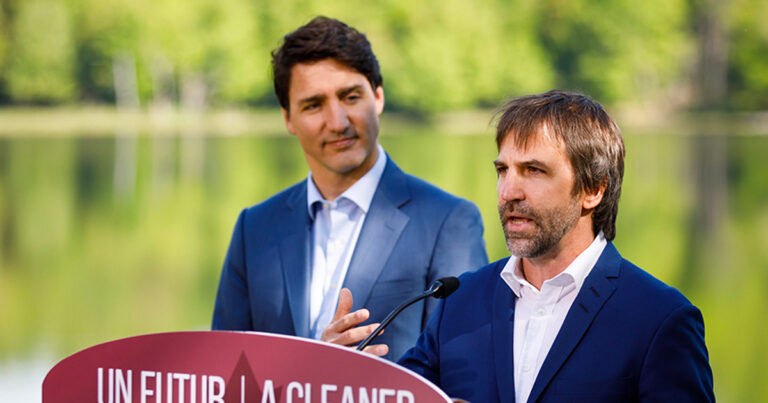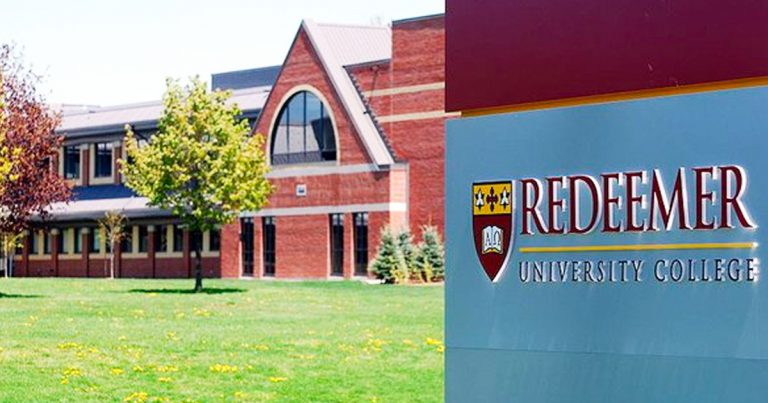CBC was once again found to have ignored its own journalistic code of ethics by not disclosing the financial ties of pundits invited to speak on air.
According to Blacklock’s Reporter, CBC Ombudsman Jack Nagler’s 2021 Annual Report noted how the broadcaster often does not provide enough information to viewers about its panelists.
“Viewers and listeners do not always get enough information about the panelists who appear on CBC programs,” wrote Nagler.
“It inhibits the audience’s ability to assess the comments they are hearing. I hope improvements will be made in this area.”
According to CBC’s Journalistic Standards, a guest’s ties must be disclosed by the broadcaster when they appear on air.
“It is important to mention any association, affiliation or special interest a guest may have so the public can fully understand that person’s perspective,” the policy states.
Various CBC programs have featured pundits that have received contracts from the Liberal government without making those contracts apparent to the viewers.
Most recently, University of Calgary professor Trevor Tombe was invited to speak on a CBC Calgary program where he defended the federal government’s pandemic response. Tombe was only introduced by the host as an “academic” and no mention was made of a $16,950 contract Tombe had received from the Trudeau government.
Last year, CBC pundit Amanda Alvaro also spoke on a TV broadcast without it being revealed that Alvaro was paid $16,950 for a contract by the Liberal government and an additional $24,997 to media coach a Liberal minister.
In his report, Nagler also urged the CBC to address accusations of bias by bringing attention to the “various perspectives” the network allegedly covers.
“Trust is everything for news organizations, yet it is more difficult to earn now than I have seen in my lifetime,” wrote Nagler.
“Frequently complainants argue that CBC is biased in some aspect of its coverage. Programmers will often reply with justification that a story or program segment cannot possibly represent all the different angles or viewpoints of a complicated issue and they pledge that coverage will offer balance over time,” he continued.
“This reply frustrates complainants who see it as a ‘get out of jail free’ card because there is no way to hold CBC to account for that promise. It would be nice to see CBC News offer evidence that it does in fact provide such balance.”
